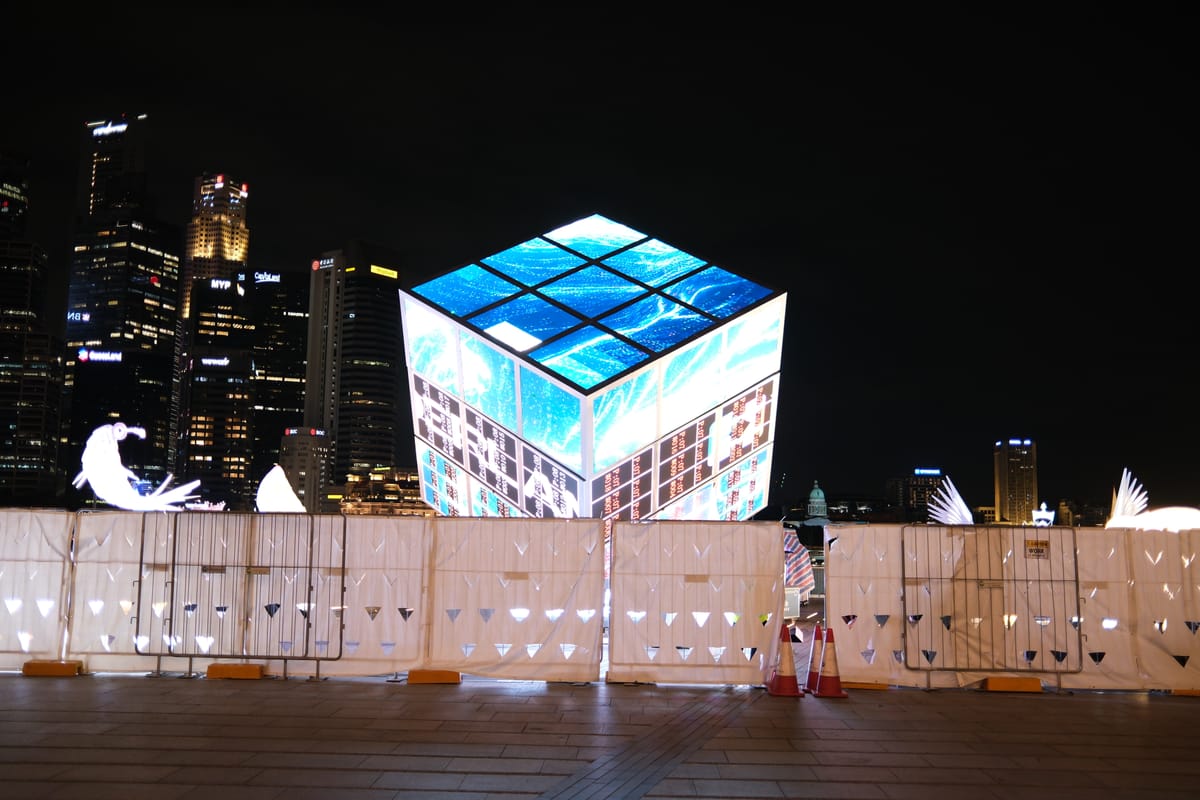Does AI Supercharge or Usurp Creativity?

Artificial intelligence is called the new electricity, but does it supercharge creativity or electrocute the improvement of your craft?
The Dissent over the Creative Algorithm
There seems to be this disagreement over the use of AI in creative (or any) pursuit at the moment. There are two major factions: the AI believers and the purists. The AI believers use these new tools to create whole parts of their creations while the purists don't use these tools at all.
Besides the hostility between the two camps, what I don't like about the discussion is the black-and-white nature of it. Either or is not an accurate representation of reality. Like with many topics, the truth lies somewhere in the middle. It's always a shade of grey (or colorful as I like to look at it – makes me happier). Still, what exactly happens when you use AI in your creative pursuits?
In this post, I've written about the implications of outsourcing your creativity to AI.
There is beauty in learning a new skill to the fullest. Yet neglecting new and powerful tools seems unwise. Still, there is this transfer of skills to other crafts, and they only appear if you take the time to learn them.Skills compound. Because you've learned a particular skill in the past might make it much easier to learn a new one. If you always short-circuit the process, you won't reap the same benefits as someone who has put in the work.
This is the age-old tale of "beauty in the struggle". With artificial intelligence, this struggle may be circumvented. But research in neuroscience suggests that the strongest neural connections are made during the difficult times of skill acquisition.
The counterpoint to this argument is the result-driven approach. No one cares how you did it, it's the result that matters. I can see the point of this statement. If I order a customized chair from a carpenter, I don't really care about the trials that sculpted them in the woodworker they now are. I just want a comfy and good-looking chair. But there is beauty in knowing that another human being created what you sit in while reading your favorite book. Human effort creates a story wanting to be told. I can imagine the woodworker giving his or her best to create a masterpiece. The emotions aren't the same when I imagine a machine punching out furniture within seconds.
Outsourcing the work could lead to feeling like an imposter. It's like not doing anything during a group project in school but still receiving a passing grade. A part of you could think that it's undeserved. Yet the tragedy lies in something else entirely: what if AI prohibits you from ever manifesting your true vision into reality?
Outsourcing technical competency
Writing a prompt to generate a painting does not make you better with the brush. It also won't make you shred a guitar solo because a model generated a rock song.
Artificial intelligence doesn't improve your technical skill of a craft, but it does allow you to bring your vision to life. You won't be a better violinist, but you can be a conductor of some sorts.
When you learn to command these models, the next bottleneck is the output quality of the model. The more precise a model can execute your instructions according to your vision, the more powerful the individual user becomes. But what if these models never become able to execute one's vision with almost perfect precision? Herein lies another problem: if you don't have the technical skill to adjust the output of the model, your vision will never be fully realized – it will only ever be an approximation to it.
Also, what I found in doing the creative work myself is the insights you gain along the way. Maybe you augment your vision on the path to your goal, making it even more authentic. Coming up with an even better idea. When you outsource this process to an algorithm, you forego the chance of discovery.But there is immense value in getting feedback on your creative work. It's one of the things I've struggled the most to get. This is where large language models (LLMs) can fill a gap, but only to a certain degree. Because another problem arises when you use AI as a teacher.
The Classroom of Mrs. Algorithm
I tried to use LLMs such as ChatGPT or Claude as writing teachers before. What is great is their text cleaning ability. It helped me tremendously in finding typos that I otherwise would've missed. But I found writing style to be a tough one.
What these models are pretty good at is imitating a writing style of someone else. Want to write more like Hemingway? Just prompt the model to convert your text into the style of Hemingway, then imitate.This might sound like fun at first, but it hides a horrible problem: loss of authenticity. It's exactly through failing over and over again one finds their own style. If you try to write what is considered "good" or "perfect" all the time, you adhere to rules that aren't your own. Yes, there are fundamental rules of style. But without breaking them, there is no innovation. Because these models revert back to some sort of mean, everything turns out similar.
The problem described above is apparent in creative pursuits where the artwork usually reflects a part of the essence of a person. The potential of AI as a personal tutor mustn't be neglected, though. If you want to learn something new as fast as possible, AI can help tremendously because it takes into account the individual. It can adapt to every single person's learning style. But building your essence is difficult if you follow everybody else's construction plan.
The Silicon Lining
The use of artificial intelligence in a creative pursuit depends on your individual goal.If you want to be the best you can be at a particular craft, the research is clear: you must do the work yourself. Derek Sivers puts it best in his book "Anything you Want" (chapter 39):
"When you want to learn how to do something yourself, most people won’t understand. They’ll assume the only reason we do anything is to get it done, and doing it yourself is not the most efficient way. But that’s forgetting about the joy of learning and doing. Yes, it may take longer. Yes, it may be inefficient. Yes, it may even cost you millions of dollars in lost opportunities because your business is growing slower because you’re insisting on doing something yourself. But the whole point of doing anything is because it makes you happy! That’s it!"
[...]
"In the end, it’s about what you want to be, not what you want to have. To have something (a finished recording, a business, or millions of dollars) is the means, not the end. To be something (a good singer, a skilled entrepreneur, or just plain happy) is the real point. When you sign up to run a marathon, you don’t want a taxi to take you to the finish line."
If you want fast results, AI will take you there faster in the short-term. Since these technologies are rather young, we don't know about the long-term implications of them. They've proven to be insanely powerful, and they will get even better in the future.
Personally, the capabilities of these models blow me away. They're especially helpful as sparring partners or personal tutors. It's also great fun just to play around with them. But writing this piece myself was the right decision because my goal is to become a better writer.
I'd like to come to a clear answer. But as usual, it's more nuanced than this. If I had to punctuate the wisdom I gathered by writing this piece it might be this: Artificial intelligence can augment your biological creativity if you so choose, but it should never replace it if you want to hone your craft.
